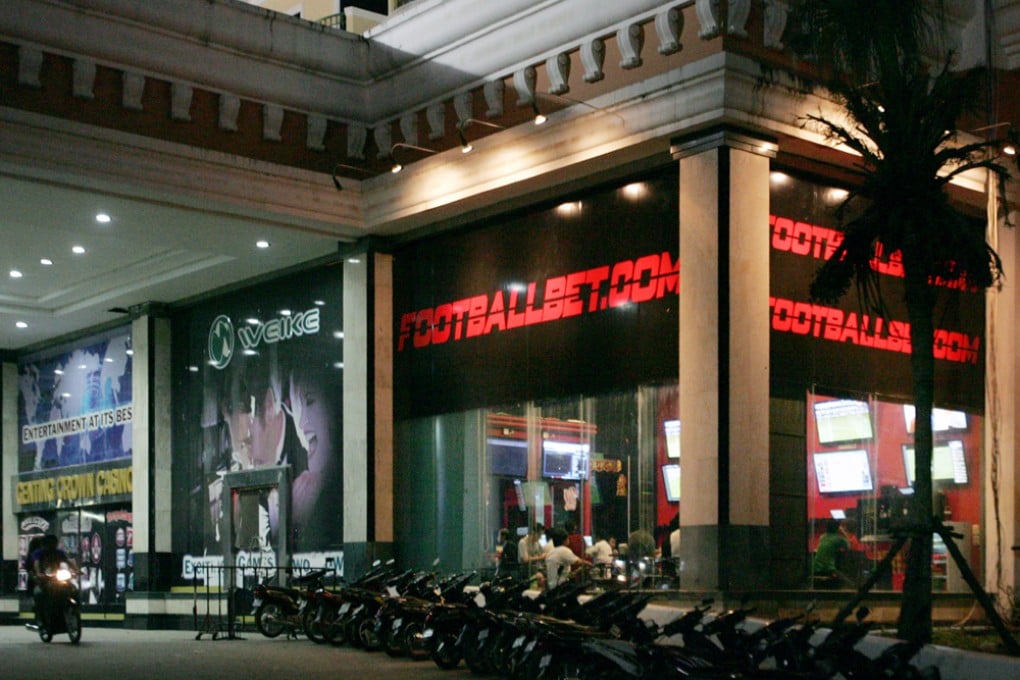Games without frontiers
A link in the global football-rigging 'pandemic' can be traced to a seedy Cambodian border town and the illegal, Chinese-owned betting shops that operate there, writes David Eimer

The unmistakable sound of Cantonese may be joy to the ears of some (see previous feature) but it is not a language you might expect to hear widely spoken on the streets of a small Cambodian town. But the rows of illegal football-betting shops that line the frontier settlement of Poipet, just across the border from Thailand, are exclusively Chinese-owned. Furthermore, they are part of a multinational chain of illicit football-gambling operations that stretches across Southeast Asia to the mainland.
The influx of Chinese and ethnic Chinese from Singapore and Malaysia has turned Poipet into a gambling boomtown with an unlikely international flavour. And the football-betting outlets are no small businesses - they cater to Thais thousands of whom who cross the border at weekends to gamble in casinos that are allowed to operate legally here, as well as to visitors from China, South Korea and Malaysia.
With football betting illegal in Cambodia, and across much of Southeast Asia and China, the shops in Poipet form a vital link in an underground industry that some experts estimate to be worth more than HK$10 billion a year. And it is those immense profits that are believed to be fuelling what the acting president of the Asian Football Confederation, Zhang Jilong, described in February as the "pandemic" of match-fixing plaguing football leagues around the world.
Such is the scale of the problem in the mainland that star player David Beckham's arrival in Beijing last month as the newly appointed ambassador for mainland football was seen by many as a desperate attempt by the authorities to restore the image of the sport after years of match-rigging, which has eroded the faith of fans. In February, an investigation resulted in 33 officials and players being banned from the game for life. Last year, China's top referee, Lu Jun, was jailed for accepting bribes, along with a number of other referees and officials.
It is easy to prove the ties between the shop-front bookmakers who operate openly in the shadows of the casinos in Poipet and the criminal gambling syndicates in China, Singapore, Vietnam and the Philippines. It is those gangs that both Europol, the European Union's law enforcement agency, and Fifa, the governing body of world football, believe are behind the recent match-fixing scandals in Asia and Europe.
At a football gambling shop named 333casino.net the senior staff are all from Guangdong province. They sit behind a high counter staring at computer screens while local teenage girls help punters place bets on matches that range from big-ticket European fixtures to obscure games such as an under-16s clash between Greece and Kazakhstan. When Post Magazine asks to make a wager on the English Premier League game Swansea vs Arsenal, the bet is placed via a Chinese-language website that is most certainly not that of the Hong Kong Jockey Club, which is allowed by the SAR's government to take bets on football matches.